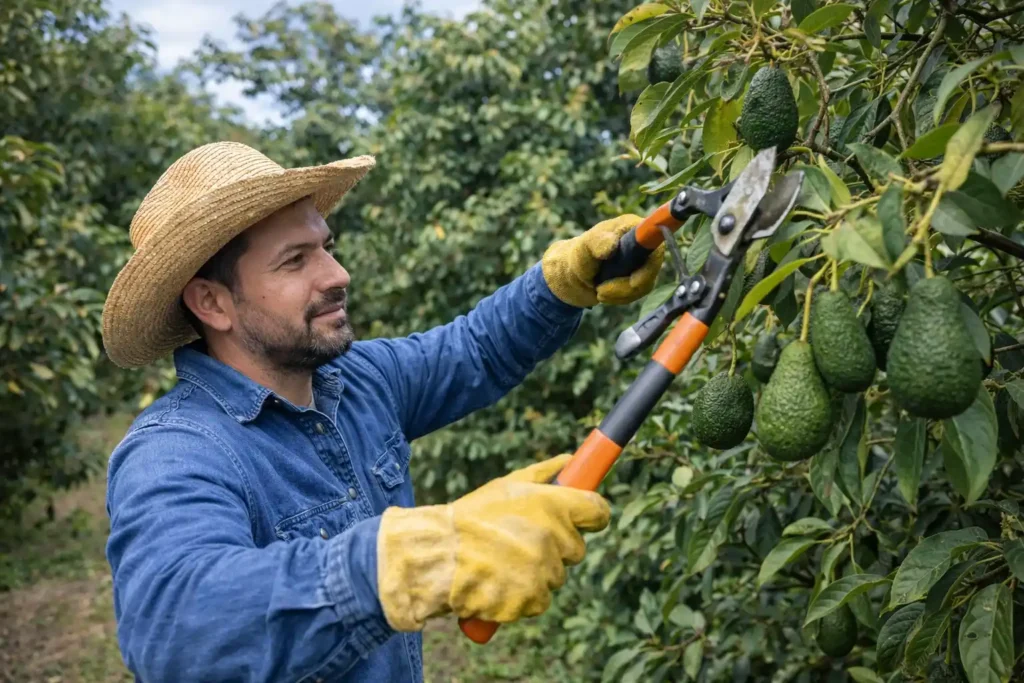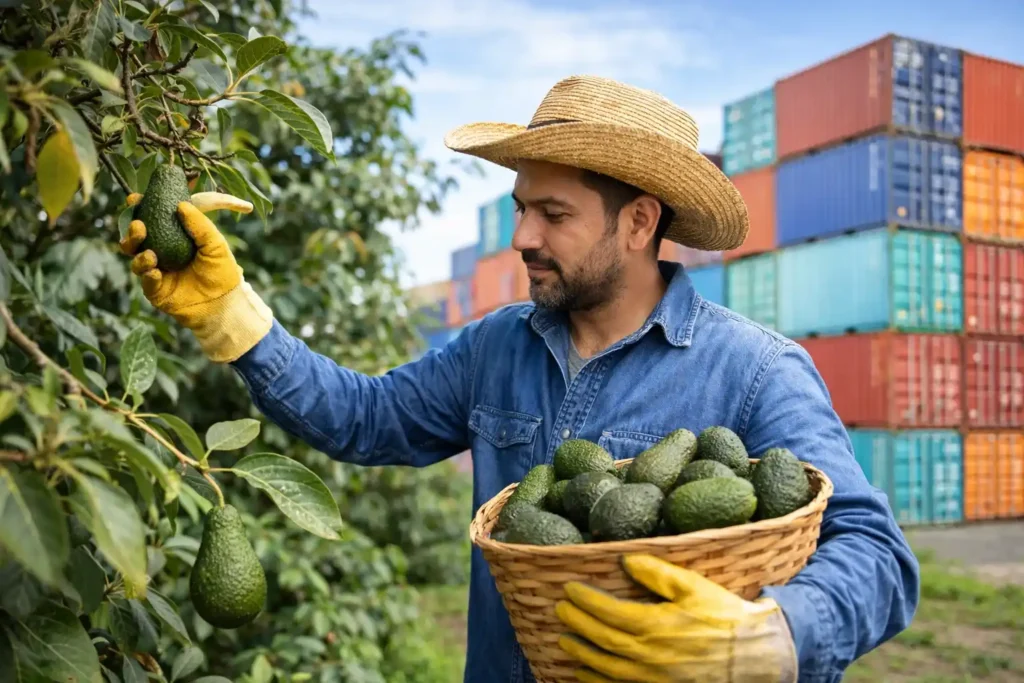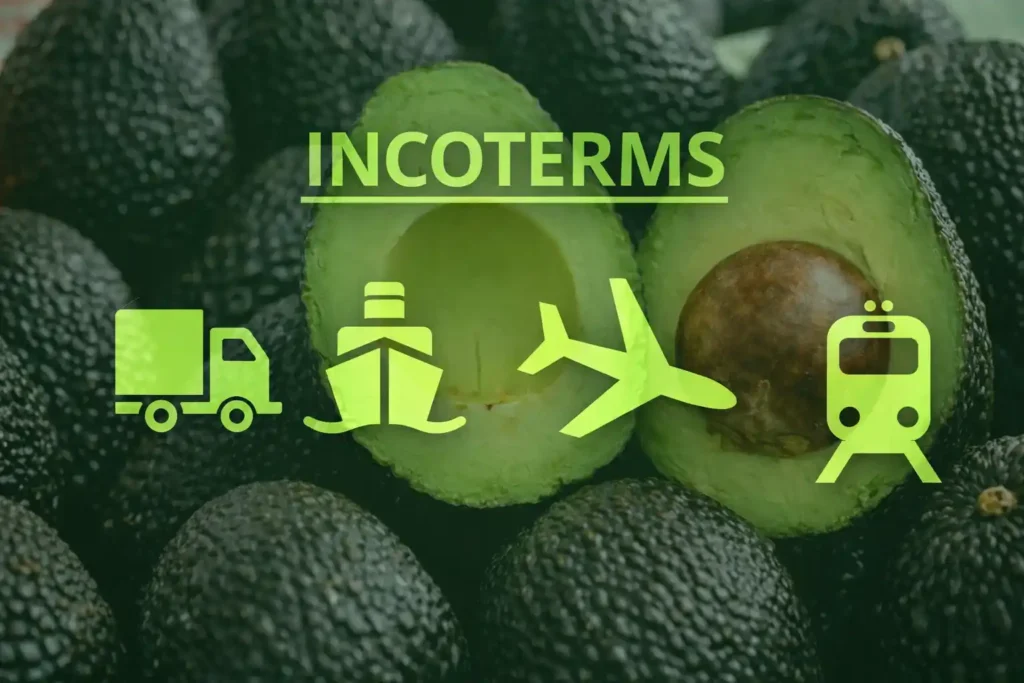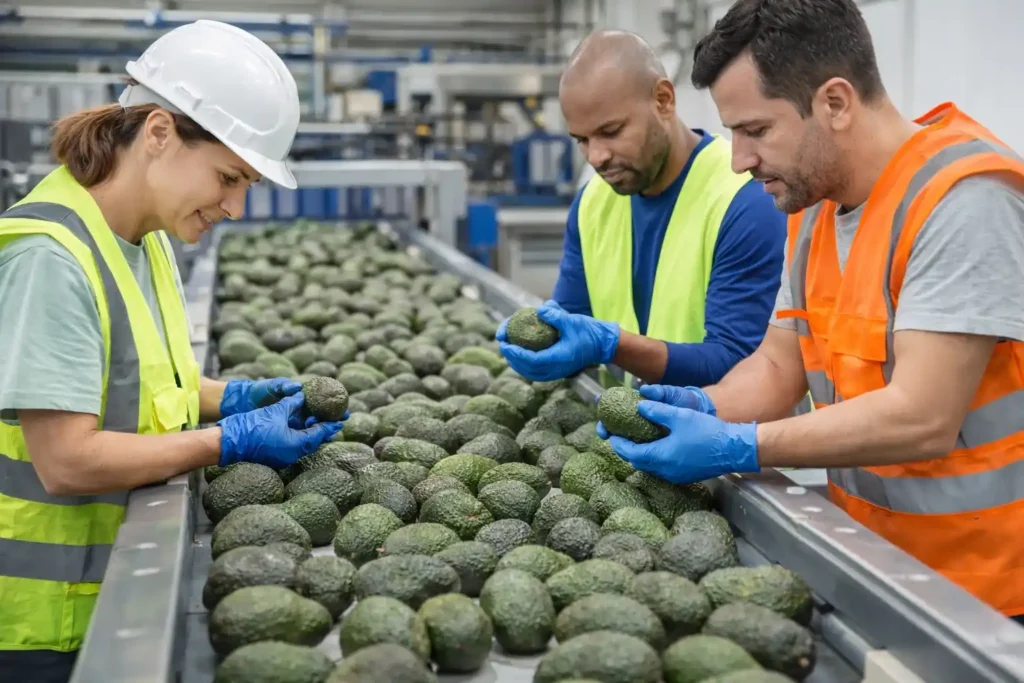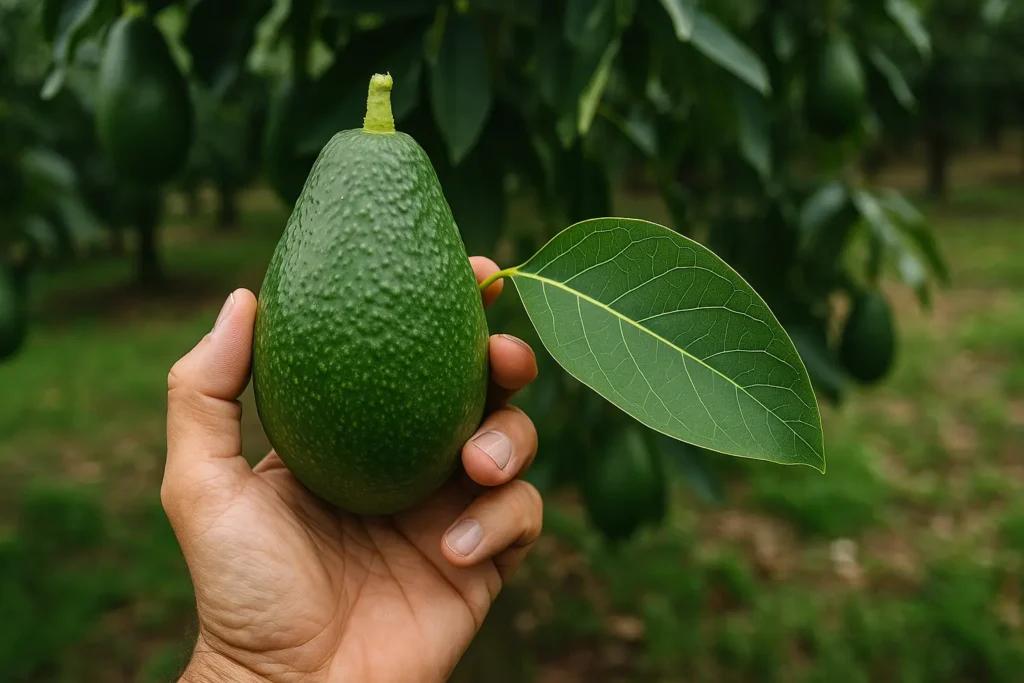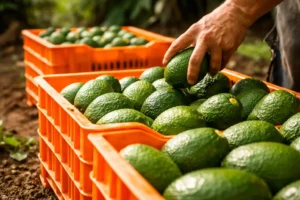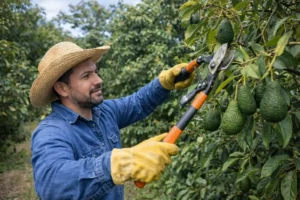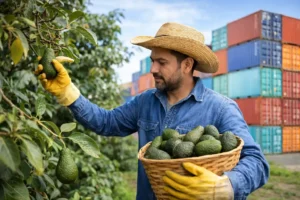Today, agribusiness faces the challenge of producing food efficiently without compromising the environment or the communities that depend on it. In this context, sustainability certifications for agribusiness have become a key tool for accessing international markets, responding to increasingly demanding consumers, and ensuring responsible practices throughout the production chain.
These certifications not only validate a product’s quality, but also serve as tangible proof of a company’s commitment to sustainability, ethics, and global competitiveness.
Why Are Sustainability Certifications Important in Agribusiness?
International markets are increasingly imposing requirements related to product origin, traceability, and responsibility. This responds to a growing trend: today’s consumers seek brands committed to the environment, social equity, and responsible production.
Furthermore, certifications help reduce supply chain risks, optimize internal processes, and project a strong image to international buyers. In practice, they represent environmental, social, and economic benefits that strengthen the competitiveness of any agribusiness, including the production and export of Hass avocados.
Main Sustainability Certifications for Agribusiness
Rainforest Alliance
The Rainforest Alliance certificationt promotes biodiversity conservation, the responsible use of natural resources, and improved living conditions in rural communities. Products with this seal are highly valued in international supermarkets that prioritize responsible and sustainable suppliers.
GLOBALG.AP
GLOBALG.AP is a globally recognized standard that ensures the implementation of good agricultural practices with a sustainable approach. Its scope includes soil, water, biodiversity, and occupational safety, guaranteeing traceability from the farm to export.
Fair Trade
Fair Trade certification ensures that producers receive fair compensation for their crops, while promoting gender equity, improving working conditions, and strengthening farming communities. In agribusiness, this certification reinforces consumer trust and opens the door to niche markets with high added value.
ISO 14001 – Environmental management
The ISO 14001 standard focuses on the implementation of environmental management systems. Its purpose is to help companies control and reduce the negative impacts of their activities, optimize resource use, and improve energy efficiency throughout their operations.
SMETA
The SMETA (Sedex Members Ethical Trade Audit) certification reviews sustainability aspects related to decent work, health and safety, the environment, and business ethics. For agribusiness companies, it represents a trusted tool for international clients seeking responsible supply chains.
Benefits of Obtaining Sustainability Certifications in Agribusiness
Certifications have a direct impact on profitability and competitiveness. Certified products can achieve price premiums of up to 20% in premium markets, as they represent safety, trust, and traceability for international buyers. They also facilitate access to responsible credit and investment, as banks and funds increasingly require sustainable practices. Moreover, certifications allow companies to anticipate stricter environmental regulations in the European Union and the United States, safeguarding business sustainability in the long term.
Process for Obtaining Sustainability Certifications in Colombia
The process requires investment and commitment in areas such as water and energy efficiency, carbon footprint reduction, and digital traceability in post-harvest. Exporters, for example, must implement recycling programs in packing houses and document safety protocols to comply with standards. Obtaining certification can take between six months and one year, with costs varying depending on the size of the operation. In Colombia, organizations such as ICA, ProColombia, and Corpohass provide technical support, paving the way toward a more competitive and sustainable agribusiness.
Fruty Green and certified sustainability
At Fruty Green, we understand that sustainability is the foundation of a competitive and responsible agribusiness. That’s why we hold international certifications such as Rainforest Alliance, GLOBALG.A.P., SMETA, and BRC, which support our agricultural and post-harvest practices. These accreditations attest to the quality of our Hass avocados and reinforce our commitment to the environment, rural communities, and transparent trade.
Sustainability certifications for agribusiness are the bridge to the most demanding international markets, while representing a commitment to the planet, people, and business competitiveness. At Fruty Green, sustainability is part of our identity and guides every export, positioning us as a benchmark in responsible production and enabling us to deliver a reliable and sustainable product to every customer.


